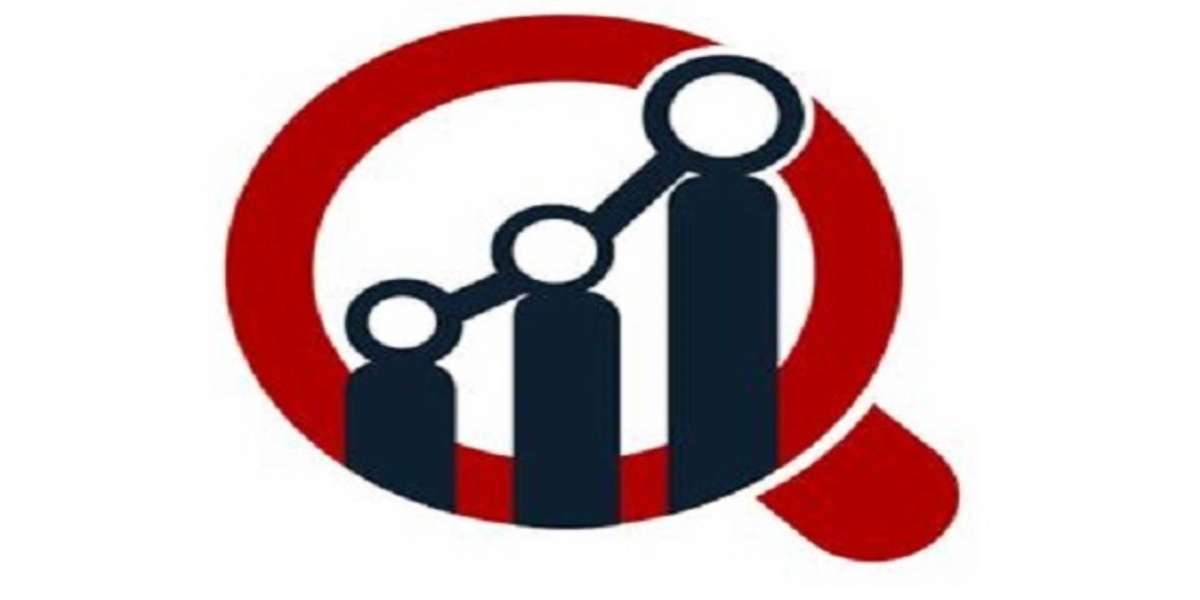A Pivotal Drug in Hematological Malignancies
Lenalidomide is a powerful immunomodulatory drug that has revolutionized the treatment of several hematological malignancies, particularly multiple myeloma and myelodysplastic syndromes (MDS). Originally developed as a thalidomide derivative, lenalidomide exhibits a distinct mechanism of action, primarily by modulating immune responses, inhibiting angiogenesis (the formation of new blood vessels that feed tumors), and inducing apoptosis (programmed cell death) in cancer cells. Its efficacy and manageable side effect profile have established it as a cornerstone therapy, significantly improving patient outcomes, including overall survival and progression-free survival in various indications. The drug's success has cemented its position as a critical component of modern oncology regimens.
Key Applications and Mechanism of Action
Lenalidomide's primary application is in the treatment of multiple myeloma, a cancer of plasma cells. It is used both as a first-line treatment in combination with other agents, as well as for maintenance therapy after stem cell transplantation. Its effectiveness in this setting has dramatically changed the prognosis for multiple myeloma patients. Another significant application is in the treatment of myelodysplastic syndromes (MDS), particularly for patients with a specific chromosomal abnormality known as deletion 5q (del(5q)). For these patients, lenalidomide can lead to significant improvements in blood counts and a reduction in transfusion dependence.
Beyond these core indications, lenalidomide is also approved for the treatment of mantle cell lymphoma that has relapsed or become refractory after prior therapy. Its complex mechanism involves direct anti-tumor effects, as well as indirect effects through modulating the immune system's response to cancer cells. These include enhancing T-cell and natural killer (NK) cell activity, and inhibiting the production of pro-inflammatory cytokines, all contributing to its therapeutic efficacy.
Market Dynamics and Growth Drivers
The lenalidomide market is experiencing consistent growth, driven by several key factors. The rising global incidence and prevalence of hematological cancers, particularly multiple myeloma and MDS, are creating a continuous demand for effective treatment options. The established efficacy and safety profile of lenalidomide, supported by extensive clinical evidence, reinforce its widespread adoption by oncologists and hematologists. The increasing focus on targeted therapies and combination regimens in cancer treatment further drives lenalidomide's utilization. Improvements in diagnostic capabilities, leading to earlier and more accurate diagnosis of these malignancies, also contribute to a larger addressable patient population. Furthermore, the drug's expanding use in various treatment lines and as maintenance therapy ensures sustained market demand.
Competitive Landscape and Emerging Trends
The lenalidomide market, while historically dominated by the innovator drug (Revlimid), is now facing increased competition from the entry of generic and biosimilar versions following patent expirations. This shift is expected to increase market accessibility and potentially lower costs, thereby expanding patient access, particularly in emerging economies. The competitive landscape is also evolving with the emergence of novel therapies, including other immunomodulatory drugs, targeted therapies, and chimeric antigen receptor (CAR) T-cell therapies, which may offer alternative or complementary treatment options.
Key trends include the exploration of lenalidomide in combination with a wider range of novel agents to enhance efficacy and overcome resistance. Research is also focused on identifying biomarkers that can predict patient response to lenalidomide, enabling more personalized treatment approaches. The development of new formulations or drug delivery systems that could improve patient compliance and reduce side effects is another area of active research.
Challenges and Future Prospects
Despite its significant impact, the lenalidomide market faces certain challenges. The patent expiration of the innovator drug has led to increased generic competition, which while beneficial for patient access, impacts revenue for original manufacturers. The potential for serious side effects, including myelosuppression (reduced blood cell production), deep vein thrombosis, and teratogenicity (causing birth defects), necessitates strict prescribing and monitoring programs, which can be burdensome. Furthermore, the emergence of drug resistance in some patients remains an ongoing clinical challenge.
However, the future of the lenalidomide market remains robust. Ongoing research into new indications and combination therapies is expected to sustain its market relevance. The increasing global burden of cancer and the demand for effective, tolerable treatments will ensure continued utilization. As healthcare systems strive for better patient outcomes and more affordable access to essential medications, lenalidomide, in both its innovator and generic forms, will continue to play a crucial role in the management of multiple myeloma, MDS, and other hematological malignancies.
Explore our latest reports
? Stay ahead in the healthcare industry. Browse our latest insights now!
About Market Research Future (MRFR)
Market Research Future (MRFR) is a global market research firm that provides comprehensive insights into market trends, drivers, challenges, and opportunities. We offer a broad range of market intelligence reports and consulting services to help businesses and enterprises in various industries make informed decisions
Media Contact:
Market Research Future (MRFR)
Phone: +1-646-845-9312
Email: contact@marketresearchfuture.com
Website: marketresearchfuture








